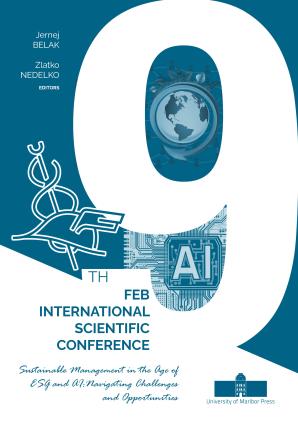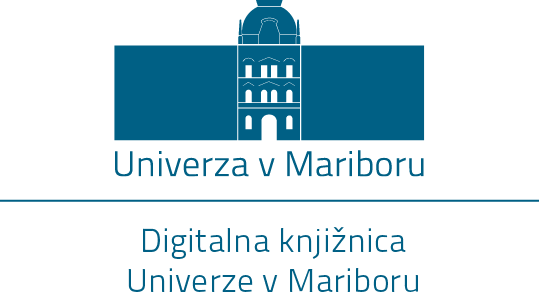The Human Side of Digitalization: HRM’s Role in Fostering Digital Well-Being
Kratka vsebina
Digital technologies have revolutionized workplace operations, enhancing communication, efficiency, and access to information. However, they also introduce significant challenges, including digital overload, constant connectivity, and blurred work-life boundaries, which can negatively affect digital well-being and organizational productivity. This study explores the strategic role of Human Resource Management (HRM) in addressing these challenges through a qualitative synthesis of existing literature. Special attention is given to integrating digital well-being initiatives within Environmental, Social, and Governance (ESG) frameworks and leveraging emerging technologies such as artificial intelligence (AI) to enhance employee support. Key HRM strategies identified include promoting the right to disconnect, implementing flexible work arrangements, advancing digital literacy programs, and responsibly adopting AI-driven interventions. The study emphasizes the shared responsibility of organizations and employees in achieving digital well-being and highlights HRM’s pivotal role in aligning employee health with broader organizational sustainability objectives. By combining supportive policies with innovative technological solutions, HRM can foster resilient, adaptable, and productive digital workplaces. This paper offers actionable recommendations to enhance employee resilience, organizational sustainability, and long-term success in a rapidly evolving technological landscape.
Prenosi
Strani
Izdano
Kategorije
Licenca

To delo je licencirano pod Creative Commons Priznanje avtorstva-Deljenje pod enakimi pogoji 4.0 mednarodno licenco.






